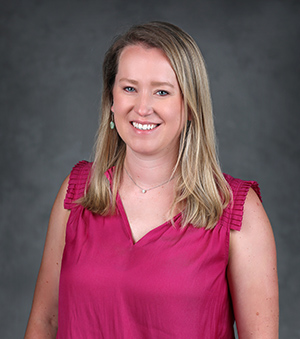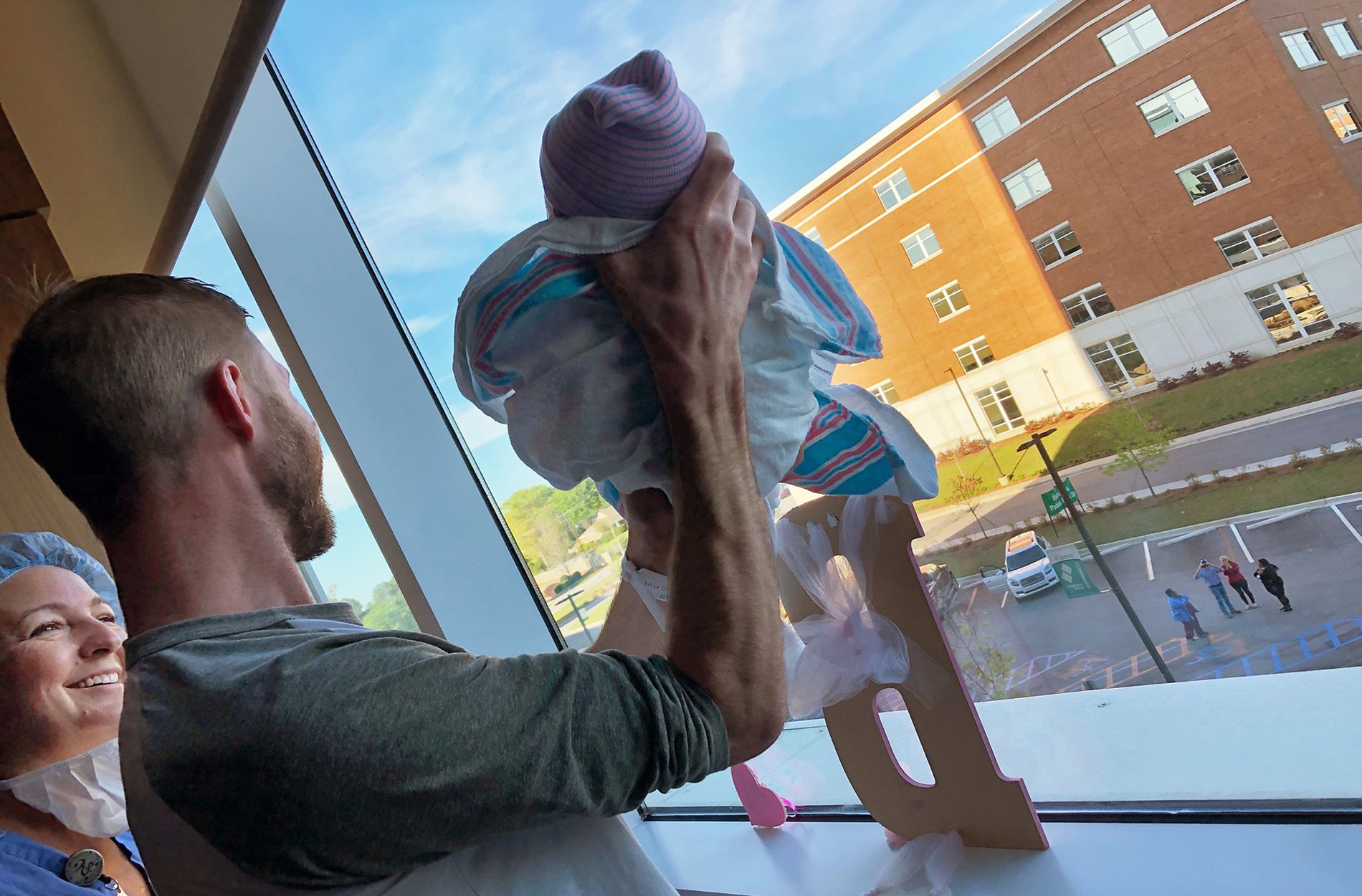Hearing the term "high-risk pregnancy” can feel scary, but for many women, it simply means receiving extra attention to keep both mom and baby as healthy as possible.
"There are many things that can make a pregnancy high-risk," explains Dr. Madeline Larsonwith Lexington Women’s Care West Columbia. "Sometimes people come into a pregnancy with pre-existing medical conditions like diabetes, seizure disorders, or thyroid conditions.
Some patients have an increased risk because of pregnancy-specific conditions like preeclampsia, placental issues, or early labor. Basically, anything that can cause problems for mom or baby during a pregnancy is considered 'high risk.'”
How Will I Know If I'm High Risk?
Your healthcare team will help determine your risk level early on. "During your first appointment, your doctor will ask about previous pregnancies as well as any medical conditions you may have," says Dr. Larson. It's also important to continue regular checkups because some conditions develop as the pregnancy progresses. Staying consistent with prenatal care ensures we catch changes early.
What to Expect With High-Risk Prenatal Care
Being labeled high risk often means more frequent monitoring—not a sign that something is wrong, but rather a proactive approach.
"Depending on what condition you have, you may have additional labs or ultrasounds," Dr. Larson shares. "Often, high-risk patients are seen more frequently to make sure that the patient and their baby or babies are healthy. The goal is to catch problems early on and keep them from worsening."
Additional Testing: Tailored to You
Not all high-risk pregnancies are the same, and your doctor will personalize your care plan.
"Depending on the condition, some patients require more frequent lab work. Others require ultrasounds periodically to measure how large their babies are," says Dr. Larson.
"Commonly, high-risk patients will be scheduled for antenatal testing, which involves either an ultrasound to watch fetal movement or putting their baby on the heart rate monitor towards the end of pregnancy."
For conditions such as gestational diabetes or high blood pressure, your doctor may ask you to monitor your levels at home so that your doctor can adjust treatment quickly if needed.
Will I Deliver Early or Need a C-Section?
A high-risk pregnancy doesn't automatically mean an early delivery or a surgical birth. "High risk does not always mean you will deliver early," Dr. Larson reassures. "There are certain conditions that we recommend early delivery for to prevent mom and baby from getting sick.
The timing varies and is individualized for each patient."
In many cases, vaginal delivery is still an option. "Some conditions, like placental issues, do require a C-section to deliver babies safely, but if your baby is head down when it is time for delivery, most often you can have a vaginal birth."
A Team Supporting You
High-risk care often involves a broader support team to ensure that you and your baby are monitored closely.
"If you are high risk, you may also see one of our Maternal Fetal Medicine doctors," says Dr. Larson. "They help manage different conditions in pregnancy in addition to your regular OBGYN. You may also see genetic counselors, depending on your specific situation."
The Bottom Line
Being labeled high risk means you'll get more attention—not more worry. With today's advanced monitoring and specialized care teams, most women with high-risk pregnancies go on to have healthy deliveries. The most important step you can take is staying engaged in your care, asking questions, and keeping every appointment.
You're not alone—your healthcare team is there to guide you every step of the way.







Leave a comment